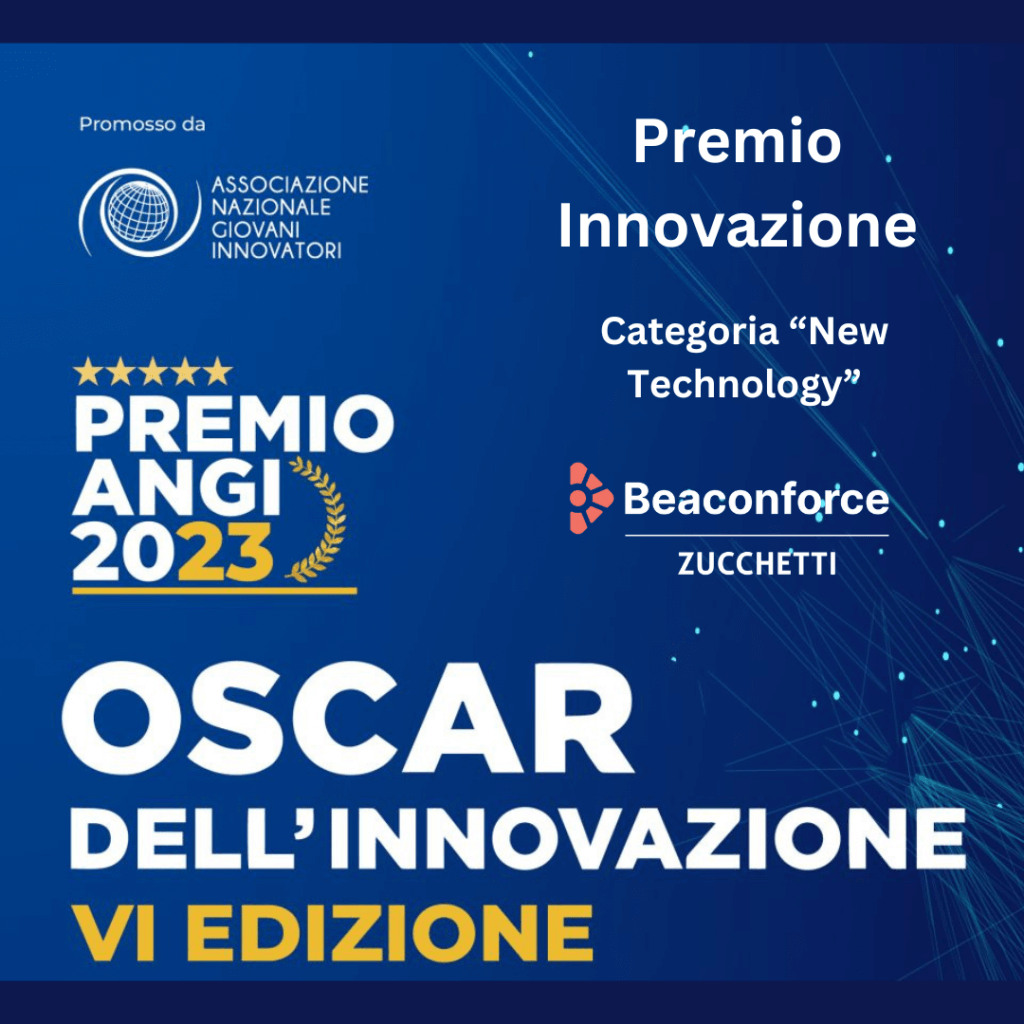Take action: why diversity, equity and inclusion is the winning formula for an optimal workplace
Published
September 26, 2022
Index
- In a nutshell, how would you define Diversity, Equity, and Inclusion in the workplace?
- What is your approach to understanding the perspectives of colleagues from different backgrounds?
- In general, how do you advocate and how would you advise people to advocate for Diversity, Equity, and Inclusion, especially with colleagues who don’t understand its importance?
- What do you think is the main reason that these underrepresented professionals are not able to get their foot in the door when it comes to networking with top leaders?
- To conclude, what role do you think software such as Beaconforce plays in winning the war for Diversity, Equity, and Inclusion, and in what way can software such as these create a sense of inclusion, belonging, and equity on a day-to-day basis?
Diversity, Equity, and Inclusion are terms that should be familiar to all top leaders and organizations. Understanding who the underrepresented professionals in the market are is the first step to taking tangible action that contributes to long-term, systemic change.
Regarding this topic, today we have the pleasure of interviewing Lee Higgins, Co-Founder of Diverse Talent Networks.
By giving a voice to underrepresented professionals from different backgrounds and communities they provide a platform and opportunity for networking with top leaders across many industries creating an environment where relationships are built over time ensuring an inclusive workplace environment.
We at Beaconforce are proud to have Diverse Talent Networks as our partner as they take action when it comes to implementing effective strategies for businesses that ensure Diversity, Equality, and Inclusion is practiced with tangible results.
Hi Lee!
For me to answer this I think about what I’ve learned from the conversations I’ve had with employers and employees over the years and particularly those individuals from historically underrepresented groups. This is how we built out our own brand story at DTN. We recognize that you cannot group Diversity, Equity, and Inclusion together, they are distinct.
Diversity for me is recognizing the power of difference and being open to creating a workplace that welcomes people from a range of different backgrounds. Diversity shouldn’t be a label that marks some of us out as ‘other’. A diverse workforce should encompass everyone.
Equity for me is about fairness, making sure that every person in the workplace has the opportunity to succeed through fair and impartial processes. At DTN we emphasise getting to know people through a meaningful relationship that is built up through open conversations that allow for a genuine understanding of one another. By creating a more equitable workplace you will increase employee engagement because the talent that works for your organization will recognize that they have an opportunity to succeed.
Inclusion is when everyone feels they belong because they are understood, listened to, respected, and accepted for who they are. When people feel like they truly belong; they stay.
Bringing the full force of their skills for the benefit of not just themselves but their colleagues and the organization they work for. If you create a diverse, equitable, and inclusive work environment, you can’t fall victim to groupthink because there is no dominant group. In a varied and stimulating environment, everyone grows and the business grows with them. Successful businesses can’t make people work hard and be happy, but hard-working, happy people can make successful businesses.
Asking questions and listening actively. We all fear saying the wrong thing in the workplace when it comes to diversity, equity, and inclusion. Many people live in fear of not knowing what terminology or phrasing to use but the most important thing is to have the conversation. It’s vital to understand what is important to the people you work with, both in their work and life outside of work. I try to recognize the different styles of colleagues and read the situation to make sure we include all perspectives so we can learn and grow together as a business and as people.
I set up DTN because I could see that leaders needed a way to connect with people from different backgrounds to themselves and share experiences outside of the pressurized situation of a formal interview. Developing a natural and caring employee communication style is what every leader should aim to do. Having a conversation and really listening to colleagues improves engagement and makes people feel valued.
If you recognise the importance and are passionate about taking action to improve DEI in the workplace then you have more influence than you think. I started Diverse Talent Networks because I saw that there are people in organisations that wanted to take action but just didn’t know how. I also felt that those people that don’t recognise the importance of DEI today cannot be preached to, they need to see change happening and they need to see their colleagues going beyond statements of good intention. Even if you’re not a client of DTN you can start by looking at your existing circle of work, colleagues and friends and if that circle lacks diversity – ask yourself why. As you widen that circle, ask questions of the people you meet, learn directly from individuals who have faced discrimination and challenges in life that you have not had to deal with. Hearing a person’s story is incredibly powerful and connecting with a real person that has been deprived of opportunities because of their background will start to get more people to take more action in the future. Sharing these stories with colleagues who feel DEI is not a priority will help them to appreciate that the world is not a meritocracy.
By being accountable and taking action, we all make progress and the people that don’t lean in will eventually find themselves in a minority.
The data tells us that senior leadership groups lack diversity and whilst these stats are improving there is still a very long way to go. People tend to network with people that look and sound like them or with people who they share a life experience with – previous work, university, or school. Gaining access to leaders that you don’t know is extremely difficult which is why we created DTN. The talent community was telling me this is what’s missing, an ability to connect with leaders in organizations that want to widen their circle and get to know talent from different backgrounds. A service that enabled the diverse talent that does exist to identify and connect with the leaders who really care.
We recognised that the great leaders in organizations love networking and have successful careers because of their ability to network but for the privileged, this is far easier to do. We wanted to level the playing field and allow great talent to connect regardless of where it comes from, what it looks like and how it thinks. The forward-thinking talent acquisition professionals understand how this fits into an organization’s overall talent strategy by developing more equitable and inclusive relationships from the outset.
Lee, as you know, Beaconforce is a deep listening tool, based on solid scientific foundations, which helps companies translate people’s voices into insights and predictive analysis, creating more engaging, sustainable, and performing work environments. The companies that choose us are innovative and cutting-edge, they care about the well-being of their people. This becomes more pertinent when talking about Diversity, Equity, and Inclusion in the workplace and their role in employee well-being.
Software like Beaconforce has a huge role to play. One of the biggest challenges I hear about daily is that organisations struggle to collect meaningful diversity data. Most organisations use the excuse that this is down to the sensitive nature of the data but I would argue it comes down to trust. If employees don’t trust the organisation they work for they are less likely to share more information. Software like Beaconforce allows employers to measure trust and work at improving this through employee engagement. The more you listen to the feedback from employees and take positive action to improve culture the greater the level of trust you can build. That’s where Beaconforce comes in, having a tool where you can express how you feel daily.
Thank you very much for this interview, Lee.
Diverse Talent Networks are changing the way we approach Diversity, Equality and Inclusion. Steering the focus to a more human and nuanced approach ensures fair game to all new hires and already existing talents within the organization.
Articles and news

